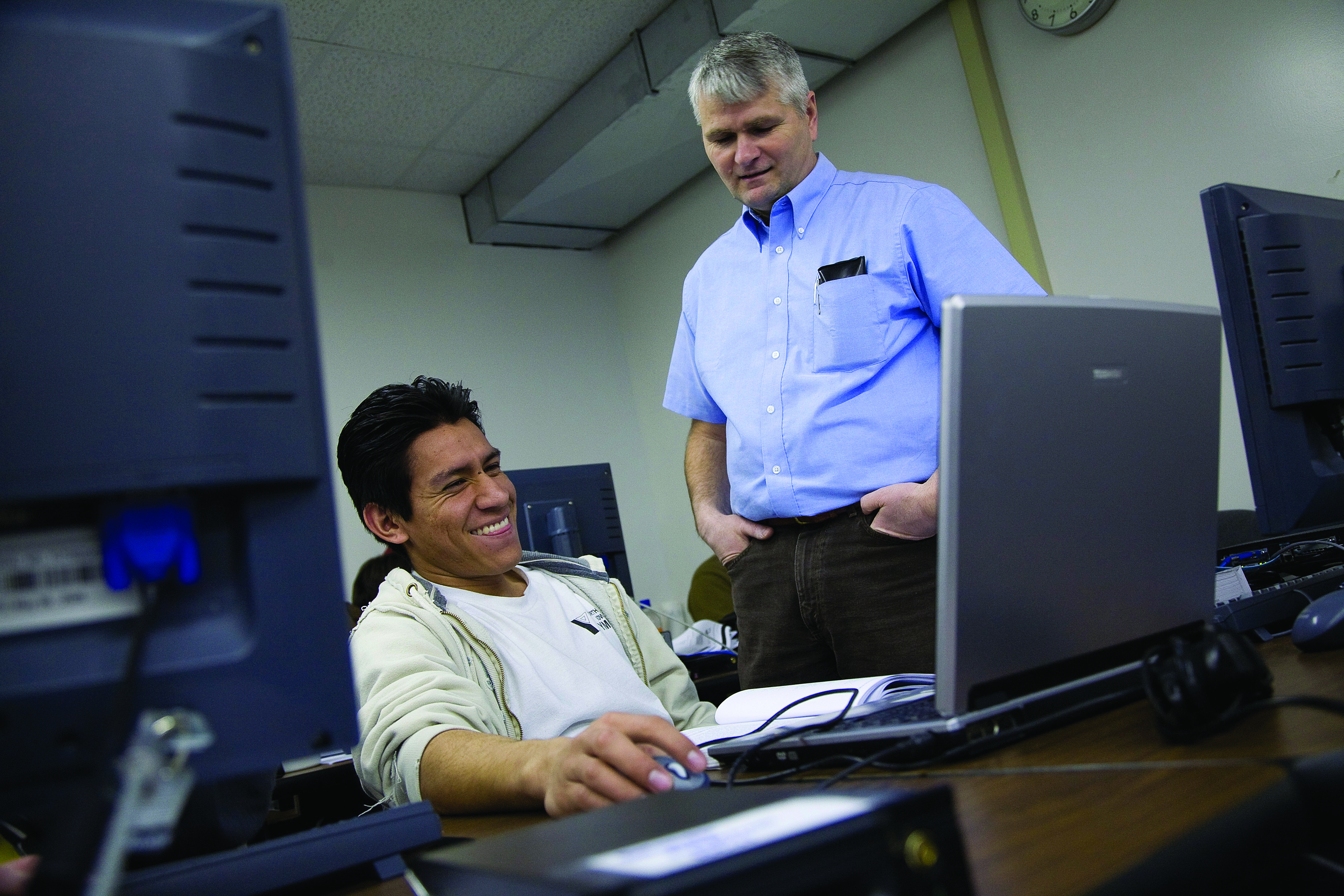Clearing Paths to Employment for Immigrants

A new report identifies challenges and opportunities around the efforts of local companies to hire and retain workers from immigrant communities.
Employers in the Dubuque region want to recruit and retain immigrant community members for available jobs, yet many of these same organizations feel disconnected from immigrant communities and their potential employees.
At the same time, immigrants in the region are eager to fill available positions but face barriers, such as lack of transportation options, a shortage of quality housing, and lack of cultural competency among employers.
These are just some of the insights captured by graduate students from the Massachusetts Institute of Technology (MIT) Sloan School of Management as they interviewed employers and immigrant community members in the Dubuque region during a visit this past spring.
The students were enrolled in “USA Labs,” a course at MIT in which students travel to communities across the country to research local issues and prepare recommendations. For the fifth year, Dubuque was chosen as a site, and the two visiting students once again partnered with the Community Foundation of Greater Dubuque to conduct their research. This year, the students looked at how to best support employers in their efforts to hire and retain workers from immigrant communities.
“Our partnership with MIT and Sloan allows us to leverage the knowledge and skills of some very talented individuals to help address challenges impacting our region,” says Alex Baum, the Foundation’s director of advocacy, data and learning. “This program is extremely useful and an important way to generate valuable knowledge that can immediately be put to use.”
Insights and Recommendations
The report, which is available here, was compiled from interviews with 16 immigrant community members, eight leaders of small- to mid-size companies, and eight leaders of nonprofit organizations, for-profit organizations and public agencies. Insights drawn from these interviews include:
- Businesses’ immigration employment efforts have not been as successful as desired.
- There’s a need for coaching and technical assistance for companies trying to increase immigration employment.
- The Dubuque region lacks a single nonprofit that is coordinating and centralizing efforts to support immigrant employment.
Ideas for next steps identified in the report include:
- Help employers and nonprofits to tap into existing referral systems for employees.
- Implement “Community champions” initiatives currently being developed by the city of Dubuque and Northeast Iowa Community College that could help identify individuals who can bridge employers and immigrant communities.
- Offer language training certification to bridge translation gaps around the Marshallese, Spanish, and Guatemalan Mayan languages and dialects spoken in the region.
- Build a pathway for entrepreneurship for immigrant community members.
Related Immigration Research
The study evolved from the Foundation’s Immigration Community Assessment, which is wrapping up after four years of work. While conducting the assessment, Foundation staff and their community partners frequently heard about employers looking for workers but not knowing how to build relationships with immigrant communities, or encountering unforeseen challenges once immigrants were hired, especially among those who spoke limited English or had little experience with U.S. workplace norms.
“We have workers who are underemployed and employers with good jobs and career opportunities, but they aren’t connected,” says Baum. “We need hiring and retention in an environment where workers are able to thrive and be successful.”
The graduate student-researchers were tasked with three questions:
- What reasons are behind the challenges related to with hiring and retaining immigrants?
- What can employers do to offset those challenges
- What is working in the region that can be replicated?
"We were amazed by the strong and interwoven nonprofit ecosystem in Dubuque,” says MIT graduate student Mariama N'Diaye. “I am especially grateful for the vast array of impressive conversations we were able to have with Dubuque community members from nonprofits to employers to employees."
“Collaborating with the Community Foundation to bolster immigrant workforce development in the area was a profound learning experience,” adds MIT student Mindi Chen. “Witnessing the dedication and passion of the local community in tackling this important challenge was inspiring, and we gained invaluable insights into the complexities of the issue and the innovative solutions being implemented.”